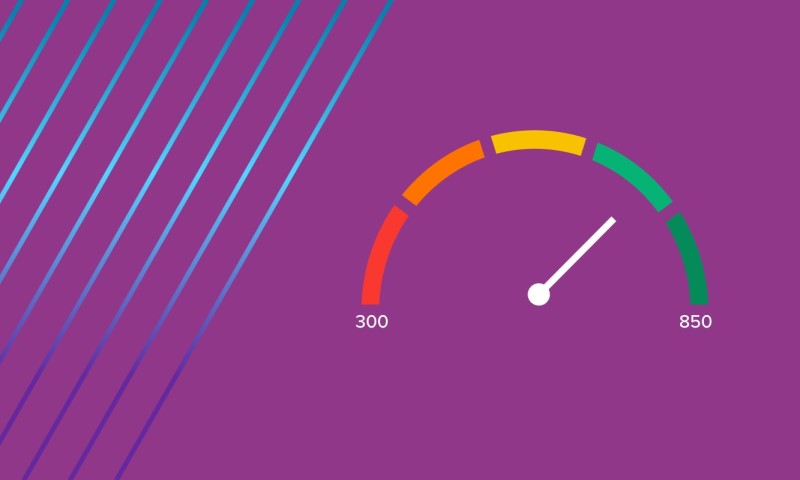Did you know that almost 40% of Americans don’t know their credit score? If that is you, it stands to reason that you also would not know how to improve your credit score.
Go Banking Rates Survey
Those are the findings of a survey commissioned by Go Banking Rates and reported on Yahoo.com. In the article it states “Despite this crucial (credit score) number playing such an outsize role in the interest rate you can expect to pay on a mortgage or personal loan, many Americans don’t actually know their credit score, let alone the type of score they need to meet their goals.” When you apply for credit, your credit scores help lenders determine whether or not you are able to repay the loan based on your past financial performance.
With a higher score, you qualify for better interest rates, higher credit limits, and more types of credit than you would with a lower score. Your score reflects the way you use credit, and there are no tricks or quick fixes to getting a good score. However, you can raise your score over time by demonstrating that you consistently manage your credit responsibly.
Here are 10 things you can do to improve your credit score:
1. Pay your bills on time. If you have a history of paying your bills on time, you’ll have an easier time getting a mortgage loan, car loan, or credit cards. Even if you’ve had serious delinquencies in the past, a recent history (24 months) of on-time payments carries weight in credit decisions.
2. Keep credit card balances low. High outstanding debt can pull your score down.
3. Check your credit report for accuracy. Inaccurate information on your credit report can be cleared up easily. Always contact the original creditor and the credit bureaus whenever you clear up an error so that the inaccurate information won’t reappear later. Getting rid of the error can improve your credit score.
4. Pay down debt. Consolidating your credit card debt or spreading it over multiple cards will not improve your score in the long run. The most effective way to improve your credit is by slowly paying down the amount you owe. Paying down debt will almost always improve your credit score.
5. Use credit cards—but manage them responsibly. In general, having credit cards and installment loans that you pay on time will raise your score. Someone who has no credit cards tends to have a lower score than someone who has already proven that he can manage credit cards responsibly.
6. Don’t open multiple accounts too quickly, especially if you have a short credit history. This can look risky because you are taking on a lot of possible debt. New accounts will also lower the average age of your existing accounts which is something that your credit score also considers.
7. Don’t close an account to remove it from your record. A closed account will still show up on your credit report. In fact, closing accounts can sometimes hurt your score unless you also pay down your debt at the same time.
8. Shop for a loan within a focused period of time. Credit scores distinguish between a search for a single loan and a search for many new credit lines, based in part on the length of time over which recent requests for credit occur.
9. Don’t open new credit card accounts you don’t need. This approach could backfire and actually lower your score.
10. Contact your creditors or see a legitimate credit counselor if you’re having financial difficulties. This won’t improve your score immediately, but the sooner you begin managing your credit well and making timely payments, the sooner your score will get better.
These ideas won’t create a dramatic improvement in your credit score overnight, but over time, they will. Remember, it takes time to develop a strong profile. Once you’ve done it, you’ll find it easier to apply for credit and favorable interest rates.
Additional Resources
Contact a Mid Oregon loan officer to get advice on taking action. We can help affirm you are taking the right steps, and may have some options to help build up your credit score, like credit builder loans.
Read additional articles on improving your credit score.
Mid Oregon offers a resource within our digital banking platform called Credit Savvy. Using Credit Savvy you can see you score, and easily and quickly understand all of the factors that influence your credit score. You’ll get personal recommendations to see if we can lower your monthly payments on your current or future loans and credit cards. with your Credit Score Event Chart, you can visualize the impact to your credit score over time and how key changes can impact it. And, you can simulate your credit score by selecting possible actions, to see if your score will move up or down.

